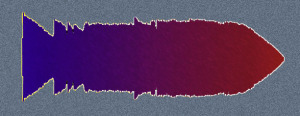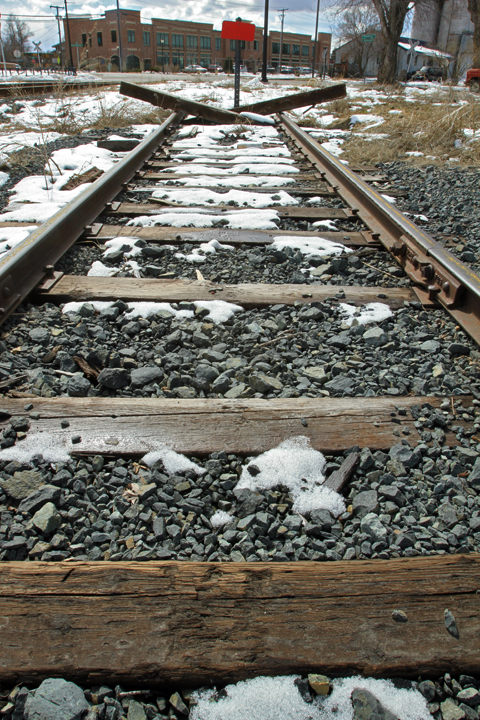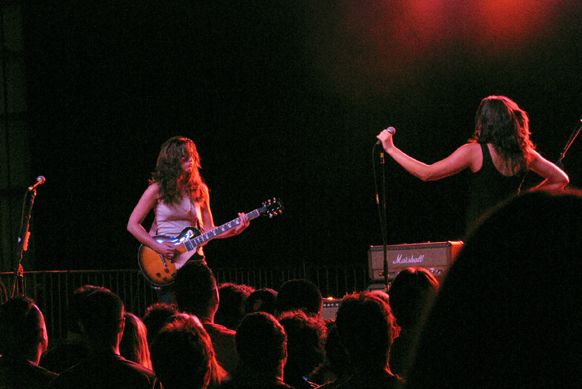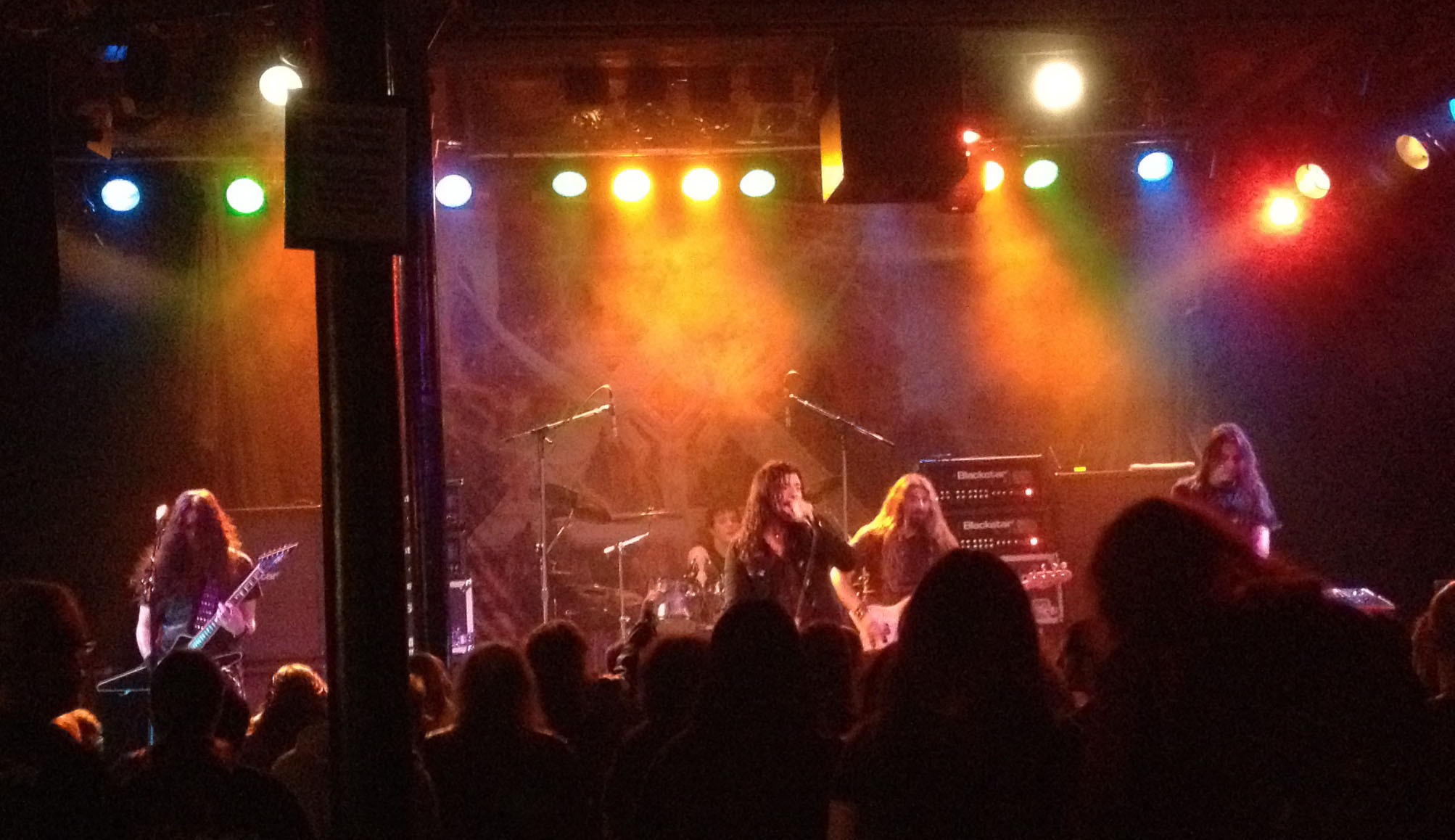For finding new music, I prefer analog search
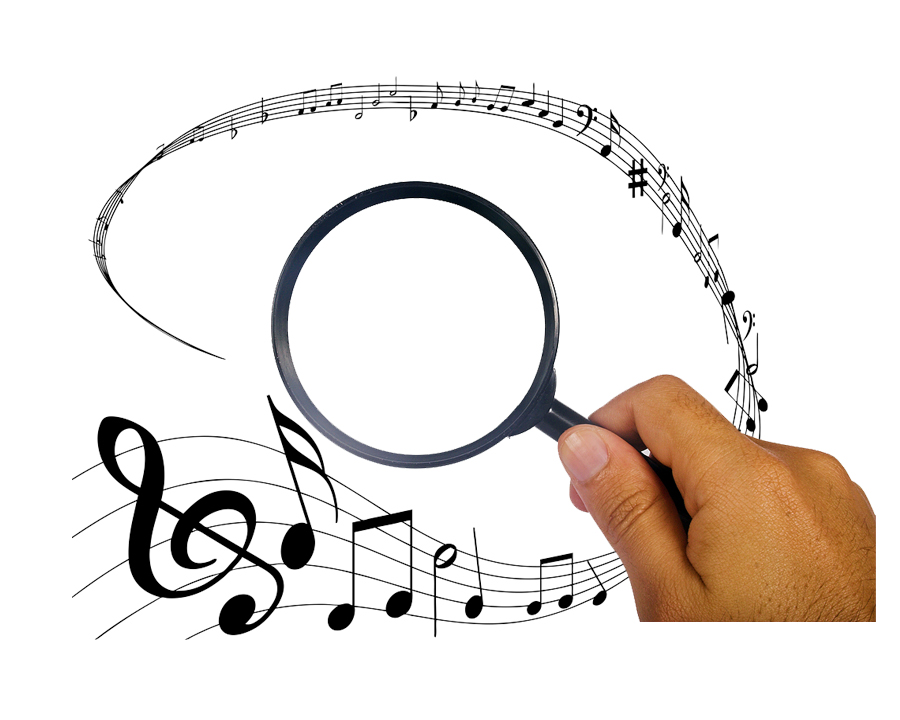 We have iTunes. We have Pandora. We have Facebook. We have Last.fm and Spotify and MOG. So, where have I discovered most of my favorite bands?
We have iTunes. We have Pandora. We have Facebook. We have Last.fm and Spotify and MOG. So, where have I discovered most of my favorite bands?
I tried Pandora a few times. Awhile back, I tried creating a station based on two bands I love, Sevendust and Systematic. I started listening to it, and as one might expect the first couple songs were from Sevendust and Systematic. Then the station started throwing other bands at me. The first few of those sounded like weak knockoffs of Sevendust and Systematic. But then, the real fun kicked in. The station started playing me singer-songwriter material, including a number of songs recorded with only acoustic guitar and vocals. Not quite James Taylor, but bordering on that. This is in no way a criticism of singer-songwriters or acoustic guitar, but I'd venture to guess that most of us that are in the mood to hear Sevendust, Systematic and similar artists are not really interested in having our attention interrupted by a mellow ballad on acoustic guitar. I thought, hmmm, maybe I screwed up the station settings. No, when I dug around a bit, I noted that one of the characteristics that Pandora associates with Sevendust is acoustic guitar. To be fair, Sevendust, does use acoustic guitars and they do a ballad here and there. Still, their work always lands far away from singer-songwriter ballads and when I put together a Sevendust/Systematic station, I'm expecting Heavy!
Now, Last.fm does quite a bit better for me. If I look up one of my favorite bands on Last.fm and stream their associated station, I will often discover some bands that I haven't heard of that I like. Usually, the hit rate is 30-50%, where the remainder I don't like, regardless of whether I've heard of them or not. For me, it's a much more useful discovery tool than Pandora but Last.fm still falls well short of what I look for when I'm trying to discover artists that I like.
Given that the digital age hasn't quite given me the ideal tool for discovering new bands, how do I discover most of the bands that get added to my library? From people... A few years back, Steve Shumake ran a Live 365 radio station named VonGoober Radio. I discovered it at some point and was awestruck by how many of the songs were a) new to me and b) exactly the kind of music I love. I discovered dozens of bands every time I listened to the station. It led to a great period of musical discovery for me, broadening my listening to include bands from Finland, Sweden, Germany and throughout the world. My own music library grew rapidly during that period and the newly discovered bands had a big influence on my musical arrangements and songwriting. So for me, a single human music mentor is orders of magnitude more effective at expanding my musical knowledge than the sum total of all the digital services out there. The key is that Steve likes similar music and has a big appetite. When he discovers new music, he makes it known to the rest of us, and I know from past experience that if Steve likes it, it's very likely that I will like it as well. Steve eventually decided to shut down the radio station but he still maintains a VonGoober Last.fm group if you'd like to explore his taste in music.
Looking back at digital tools, I do find Wikipedia to be a powerful tool for discovering new music. Whenever I notice myself asking the question, "What ever happened to that band...?", I look them up in Wikipedia and find out. That often leads me to discover they split up and started new bands, or renamed themselves or just reunited and are due to release a new album. Still, this isn't really at the heart of what I imagined would be possible on the web. In a general sense, the innately "analog" learning channel, human advice, is still much more accurate and reliable for me than any of the recommendation/rating services online. Perhaps someday that will change, but for now... Thanks Steve!
Where do you discover most of your music?
 David Hearst
David Hearst